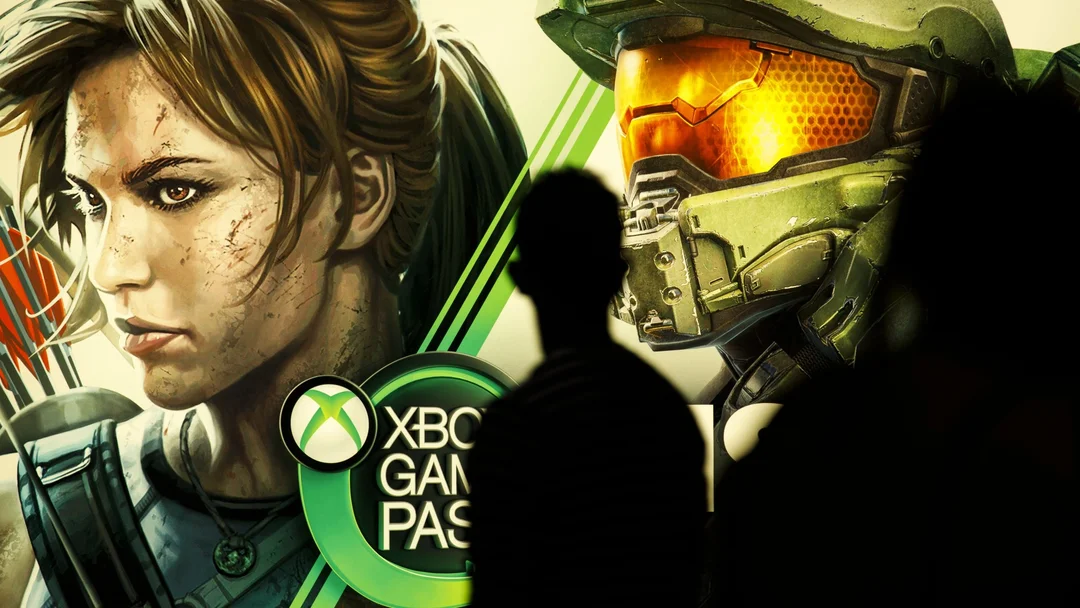
Former PlayStation Head Warns Xbox Game Pass Could Be “Dangerous” – Is He Right?
Shuhei Yoshida, the former head of PlayStation, has stirred up a debate by calling Xbox Game Pass "dangerous" for the gaming industry. His perspective, offered in a recent interview, highlights concerns about subscription services potentially dictating the kinds of games that get made, especially impacting smaller developers. But is this a valid concern, or is Yoshida, a former Sony executive, simply biased?
Yoshida argues that if subscriptions become the primary way people access games, the owners of those services (like Microsoft) could control which games get created. This, he believes, would stifle innovation by smaller developers who rely on unique ideas to break through. 
"If the only way for people to play games is through subscriptions that's really dangerous, because what [type] of games can be created will be dictated by the owner of the subscription services," Yoshida stated. He further emphasized the importance of fresh ideas from small developers, suggesting that big companies dictating gaming trends would hinder industry advancement.
In contrast, Yoshida champions Sony's approach with PlayStation Plus, where games are initially sold at a premium and then added to the subscription service later. He believes this model is "healthier," allowing developers to profit from initial sales before reaching a wider audience through the subscription. He states that by the time first-party games are added to PlayStation Plus, "there won't be many people willing to buy those games at that initial price.
However, critics argue that Yoshida's view overlooks the benefits Game Pass provides to both players and developers. Microsoft has consistently emphasized that Game Pass is an additive service, offering an alternative way to engage with games without replacing direct purchases. 
Several developers have praised Game Pass for its ability to reach a broader audience. Rebellion CEO Jason Kingsley lauded Microsoft as a “fantastic partner,” highlighting their support for smaller projects. Games like Balatro, Buckshot Roulette, and Vampire Survivors have found significant success through the service.
Furthermore, Microsoft's commitment to funding unique projects like Grounded, Pentiment, and South of Midnight demonstrates a willingness to support diverse and innovative games. While some games launching on Game Pass may not achieve instant success, others, such as Guardians of the Galaxy, have been revitalized by the service.
Yoshida's concerns, while understandable, may not fully reflect the current landscape. The Xbox Game Pass continues to invest in diverse content and support independent developers. Whether subscription services ultimately prove "dangerous" remains to be seen, but for now, they offer gamers a compelling alternative and developers a potential pathway to success.
What do you think? Is Xbox Game Pass a threat to the gaming industry, or a positive force for innovation? Share your thoughts in the comments below!